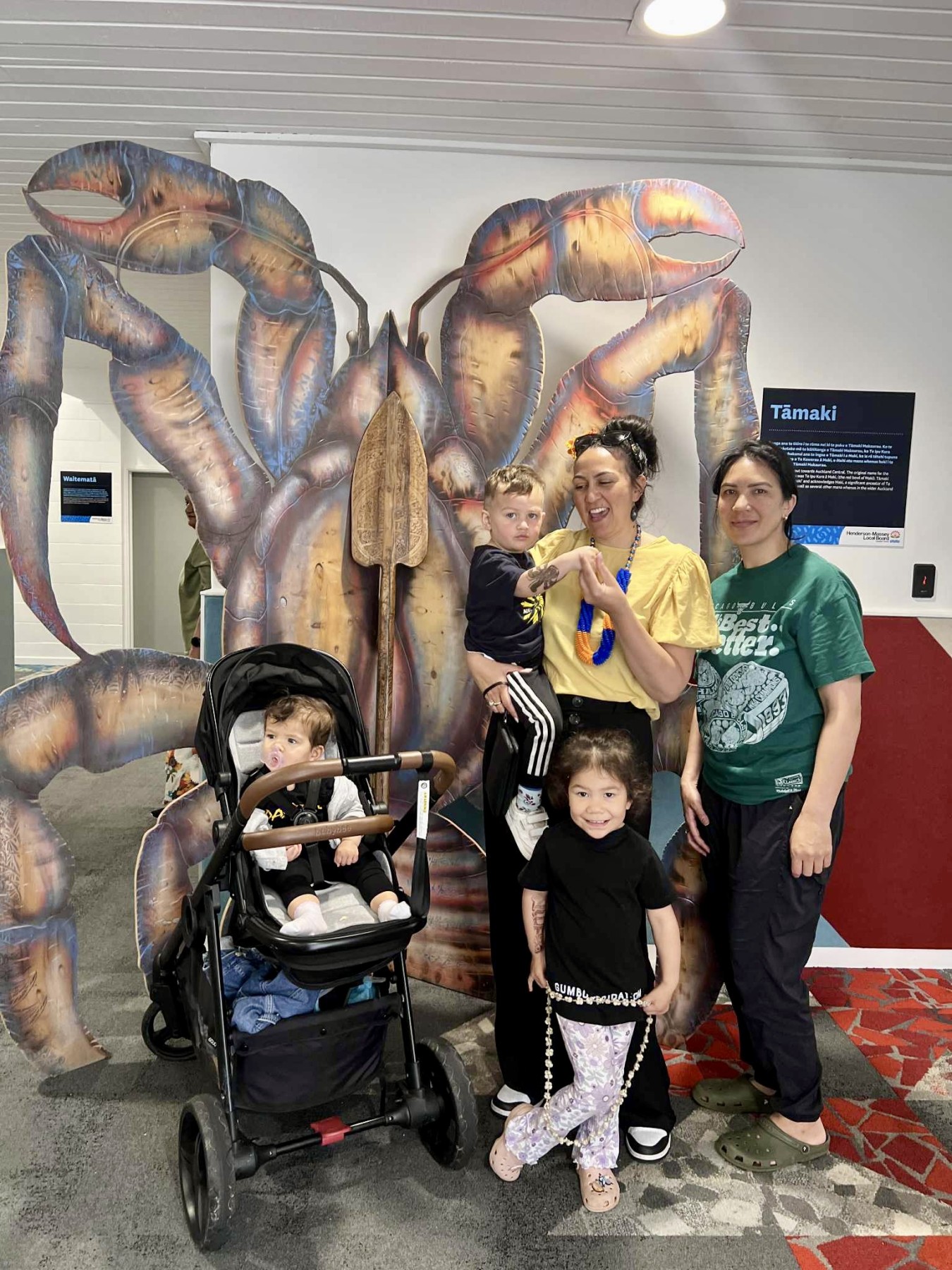My magafaoa (family) are my foundation and their influence shapes my beliefs and guides the direction for my mahi (work). I have four sons and one mokopuna, each carrying a different surname from our whakapapa, chosen to honour our ancestors and resist the erasure of identity. Reclaiming my Indigenous roots means challenging the narratives that have silenced our languages and customs, and actively restoring what colonisation seeks to dismantle (NB. present tense as colonisation is not over). Speaking a word, learning a song, or sharing a story feels like stitching together threads frayed by the past. This journey is about healing intergenerational disconnection, honouring those who came before me, and creating a future where our tamariki and mokopuna know their identity is unapologetic, powerful and enduring.
Professionally, my career spans decades in frontline oral health and later in public health equity advisory. I began as a Dental Therapist in Auckland schools, where I witnessed systemic inequities that created barriers to wellbeing for Māori and Pasifika whānau. During the COVID-19 pandemic, I served as Senior Advisor Equity, championing Te Tiriti o Waitangi and equity for priority populations. Today, as a Senior Lecturer in Oral Health at AUT University, I’m an early career academic focused on culturally responsive education and advocating for universal oral healthcare. My work reflects a commitment to equity in practice, community engagement, and the vision of Pae Ora.
As a tagata Niue, some of my proudest memories are in the warmth and togetherness of family. Growing up, the heart of our gatherings was my Nana and Pop’s house in Royal Oak, Central Auckland. Cousins playing in the backyard, laughter echoing through the rooms, and the smell of delicious kai being lovingly packed into white chilli-bins for Pop to take to Niue. These moments shaped my understanding of care and responsibility and taught me that looking after each other, is at the core of who we are.
Visiting Niue in the early 2000s for the first time was transformative. Standing on the land of my ancestors, I felt a deep sense of belonging. Getting married in my Nana’s village was one of the most special moments of my life, a way of honouring her and the generations before us. Later, watching my son represent Niue in rugby league and perform the takalo (Niuean war chant/dance) on Sky TV was another powerful reminder of our strength as a small but high-achieving Island Nation. My Nana’s singing and dancing at special events, still resonates with me; her voice carried the essence of Vagahau Niue and the spirit of her people.
Yet, my journey with Vagahau Niue has not been without challenge. Growing up, the adults spoke Niuean, but many replied in palagi (english). We learned the basics, but fluency was never achieved. This gap has often left me feeling disconnected, not only from language but from cultural customs that anchor identity. Reconnecting with both sides of my heritage is now a priority, and I feel guided by my ancestors in this process. It is a journey of healing, remembering, and moving forward with purpose.
This year’s theme: Fakatapunu, Ofania, mo e Fakaaoga e Vagahau Niue! Elevate, Cherish, and Use Vagahau Niue! speaks directly to my heart. To elevate Vagahau Niue means to give it space and visibility in our homes, workplaces, and communities. I see opportunities to weave language and culture into education, research, and health equity initiatives. Cherishing Vagahau Niue means valuing its beauty and significance, even if fluency feels distant.
Language is memory, connection, and belonging and I believe that every effort matters.
Fakaue lahi mahaki! Kia monuina e tau aho Niue!

